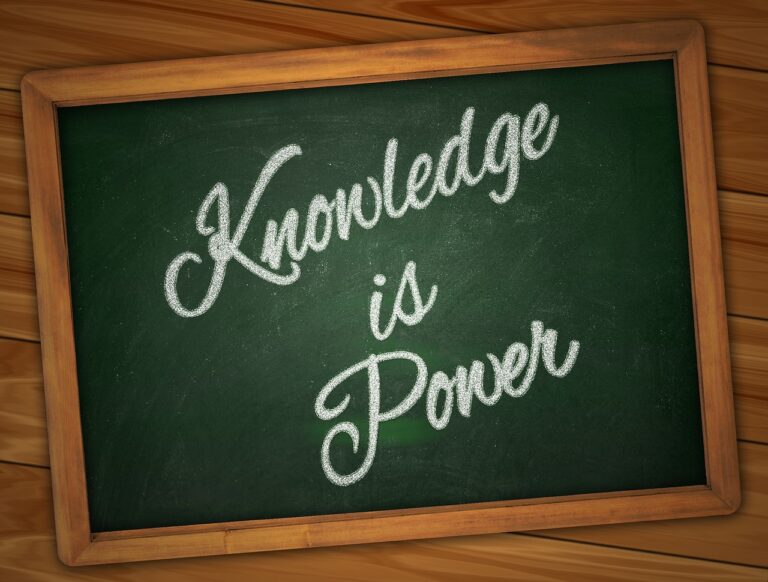Addressing Plagiarism and Academic Dishonesty
Plagiarism is a serious offense in academic writing that can have far-reaching consequences. One common form of plagiarism is when a writer directly copies and pastes text from a source without giving proper credit. This can occur when a student fails to use quotation marks or properly cite the original author, leading to accusations of intellectual theft. Another type of plagiarism involves paraphrasing someone else’s ideas without providing a citation or reference, misleading the reader into thinking the ideas are original to the writer. Both direct copying and improper paraphrasing can result in a loss of academic integrity and trust.
Moreover, self-plagiarism is another form of academic dishonesty that writers should be wary of. Self-plagiarism occurs when a writer recycles their own previously published work without acknowledging it as such. This can mislead readers into thinking the content is new when, in fact, it is a repetition of earlier material. It is essential for writers to properly cite and reference their own work to maintain transparency and uphold academic standards of integrity. By being aware of these various forms of plagiarism, writers can ensure they are producing original and ethically sound academic writing.
Consequences of Academic Dishonesty
When students engage in academic dishonesty, the repercussions can be severe. First and foremost, it undermines the educational system’s integrity and devalues the hard work of honest students. Moreover, academic dishonesty can tarnish a student’s reputation and credibility, potentially impacting their future academic and career opportunities.
In addition to the ethical implications, academic dishonesty can result in serious consequences such as failing grades, suspension, or even expulsion from educational institutions. These penalties not only affect the individual student but also send a strong message to others about the importance of academic integrity. Ultimately, the negative outcomes of academic dishonesty far outweigh any potential short-term gains.
What is considered plagiarism in academic writing?
Plagiarism in academic writing is the act of using someone else’s words, ideas, or work without proper citation or acknowledgment.
What are the consequences of academic dishonesty?
The consequences of academic dishonesty can include failing grades, academic probation, suspension, or even expulsion from a school or university. It can also damage a student’s reputation and future academic and career opportunities.
How can I avoid committing academic dishonesty?
To avoid committing academic dishonesty, always properly cite sources in your writing, paraphrase information in your own words, and seek permission to use someone else’s work. It is important to uphold academic integrity in all your academic endeavors.
Can unintentional plagiarism still result in consequences?
Yes, unintentional plagiarism can still result in consequences. It is important to carefully cite all sources and properly paraphrase information to avoid any accusations of academic dishonesty.
What should I do if I suspect someone of academic dishonesty?
If you suspect someone of academic dishonesty, you should report it to the appropriate authorities at your school or university. Academic integrity is crucial in maintaining a fair and honest academic environment for all students.





